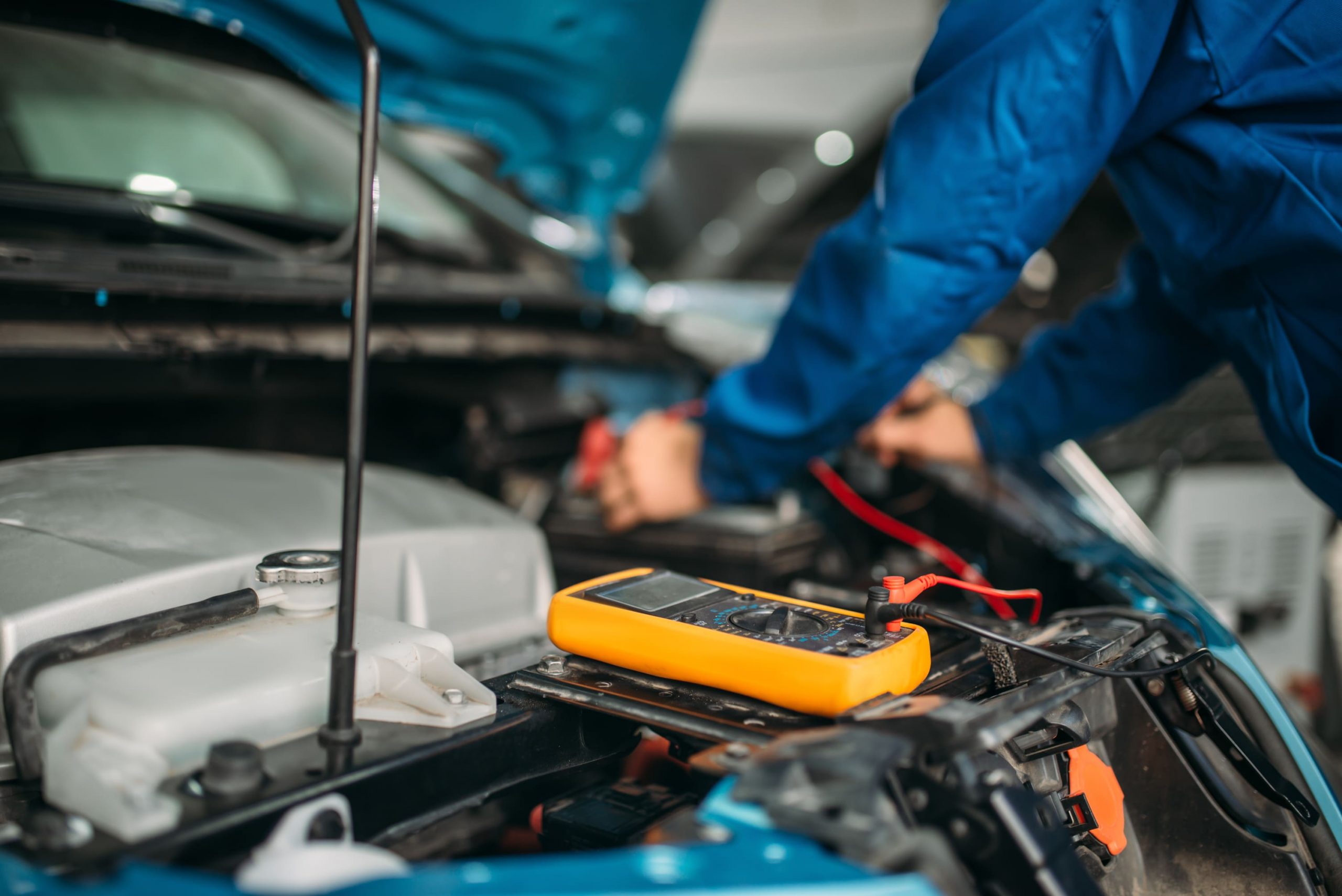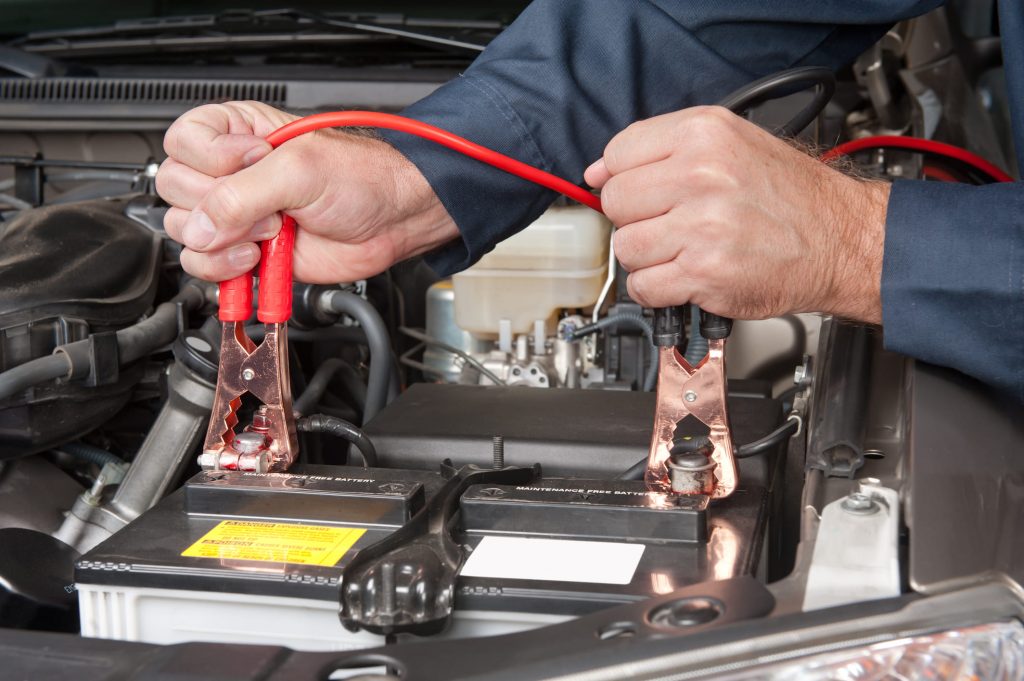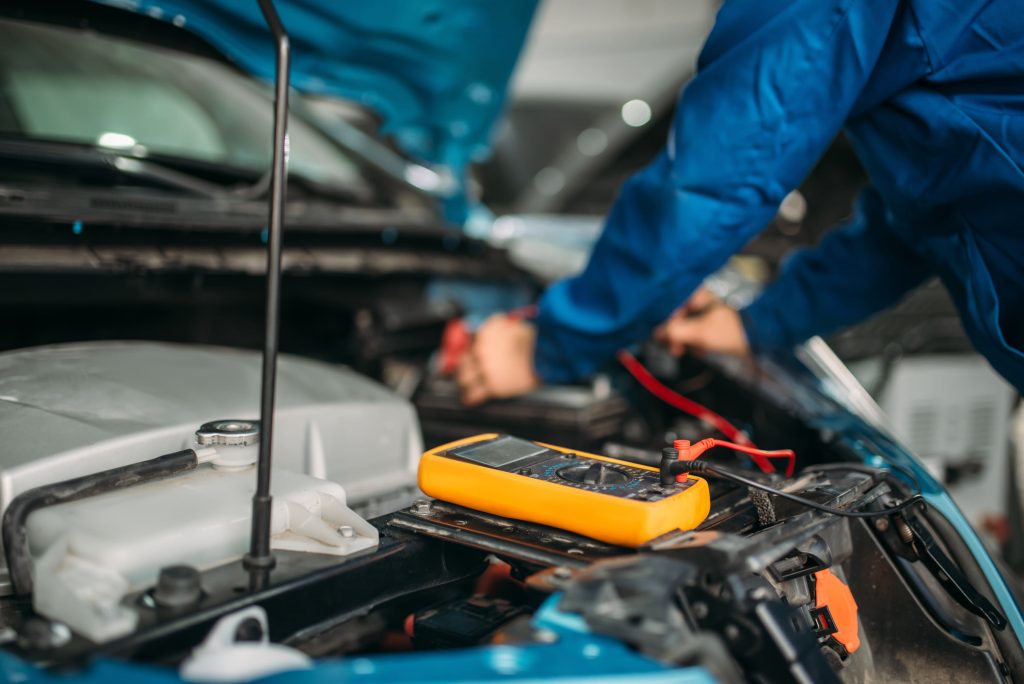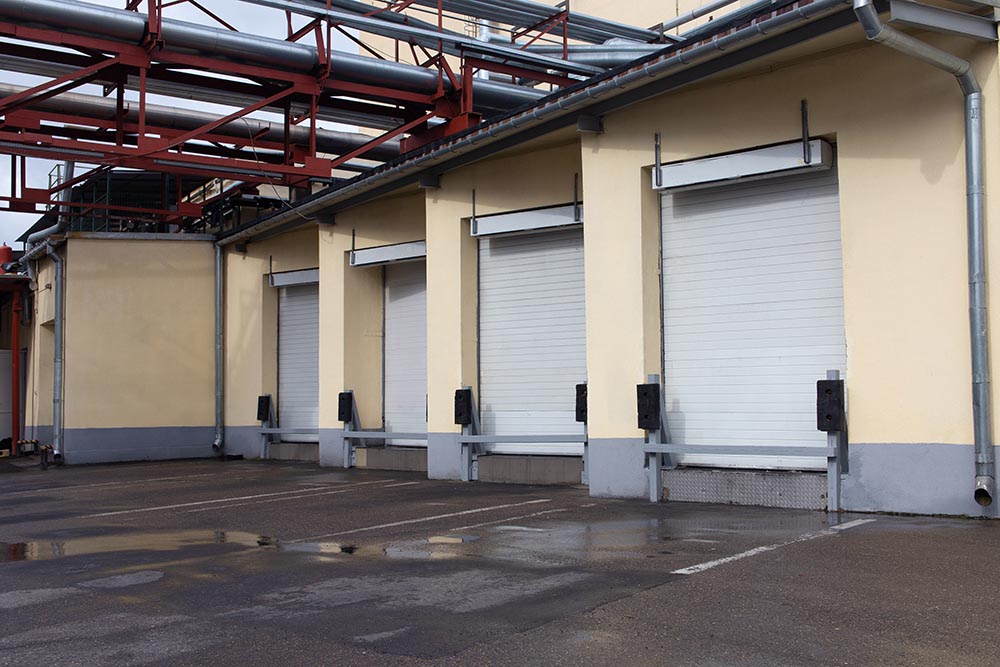How often should you change your car battery? What are the signs that your car battery is going bad? What happens when a car battery is low? How can I test my car battery?

As a car owner, one of the biggest sources of anxiety is the car battery. How long does it last? How often should you change it? And how can you tell when your car battery is going bad? In this article, we’ll tell you everything you need to know, including how you can test your car battery to be certain.

How often should you change your car battery?
Let’s begin with: how often should you change your car battery? Like it or not, no batter can last forever. As a rule of thumb, you should probably replace your car battery every three years, however, there is a chance that you may need to replace it sooner (or similarly, it could last you longer).
There are a number of different factors that can influence the life of your car battery, for example, climate and the way that you drive – these can contribute to how close to that three-year mark you can get away with.
In order to ensure that you are replacing your car battery regularly enough, you should check your manufacturer’s recommended service intervals to be on the safe side.
No matter where you live, whether it be hot and humid, or cold and dry, the climate can affect your battery in a negative way. Extreme temperatures, either way, will influence your car battery life—in different ways certainly—but the outcome is always the same; a shorter than usual lifespan.
So, if you live somewhere either especially hot OR cold, we recommend changing your battery ahead of time so that you don’t end up with a car unable to start in the middle of nowhere! Not ideal.
That said, there are things that you can do to resist some of the harsh weather effects on your battery – e.g., selecting the ideal batter time that is specifically designed for the climate in question.
What are the signs that your car battery is going bad?
What are the signs that your car battery is going bad? Well, fortunately, they’re quite easy to spot so you should know in advance when it’s time to get a replacement.
Cars are typically very good at letting you know when something is up. This could be anything from illuminated dashboard lights, strange odours and sounds, and anything that is typically out of the ordinary.
Here are the warning signs of a weak battery:
- Your engine is slow to start: a slow starting engine may take several attempts to start – this is a clear sign of a failing battery
- Illuminated car battery light: if your car battery light is on, that’s about as clear as your car can make it. Whilst it doesn’t tell you precisely what the issue is, it usually points toward a car battery on the way out (if you have a more or less brand-new car battery in then you should consult a local garage just in case there is a different underlying issue – or indeed if the battery is faulty)
- Bloated/misshapen battery case: When a battery is either overcharged or has been exposed to extreme temperatures your car battery may become swollen – this is a clear sign that it is at the end of its life
- Leaking battery fluid: Again, if a car battery is overcharged or simply damaged, it may begin to leak fluid which is a definite sign that it needs to be swapped out for a new one
If you experience any of the above symptoms, then it’s time to get your motor down to the auto repair shop. That being said, even if you haven’t noticed any of the above, it doesn’t necessarily mean that your car battery is in working order. Some of the symptoms might not be so obvious until it is too late. Testing your car battery is a good way to find out, which we will cover shortly.
What happens when a car battery is low?
What happens when a car battery is low? Well, for one thing, you may notice either the car battery light come up on the dashboard. In addition to that, you may notice that either your headlights are dimmer than usual, or the electronics in your car (e.g., radio/dashboard) are especially weak. Other signs include your engine backfiring, the engine being slow to start, or the engine failing to turn over entirely.
How can I test my car battery?
Without the proper equipment, ultimately the best bet is to get down to your local garage and have them check the car battery out for you. However, there are a few home tests that you can try, for example:
- Perform a ‘load test’ – turn your headlights on with the engine off > leave them on for 15 minutes > after 15 minutes start your car > take note of the brightness of the headlights
- Check for corrosion – if you notice your car battery oozing or leaking, or if there are any clear signs of corrosion then your car battery likely needs replacing
- Listen for clicks – A lifeless battery tends to make clicking sounds when you try starting your car
Conclusion
The fact is, even if your car is not displaying any of the signs mentioned above, that doesn’t mean that your car battery isn’t near the end of its life. If you are having doubts, either take your car into the local garage or contact an established car battery dealership like G7 Battery for expert advice on what steps to take next.
Recent Posts
- Couch Grass vs. Kikuyu: Effectively Managing Growth in Sydney
- What Do Gardeners Do? How to Earn a Decent Income as a Gardener
- Varicose Veins: Causes and Treatment
- Is it better to keep a freezer full or empty? What is the best thing to clean the inside of a fridge with?
- Why Does My Wood Floor Feel Hollow? Can I Fix the Hollow Spot in the Wood Floor Myself? How Much Does It Cost to Fix a Hollow Spot in My Wood Floor?
Recent Comments

What does an arborist study? What skills do you need to be an arborist? What does an arborist do? How much is an arborist paid?

How often should you change your car battery? What are the signs that your car battery is going bad? What happens when a car battery is low? How can I test my car battery?

What size loading ramp do I need? Are arched ramps better? Are loading ramps safe? How much do aluminium ramps cost?

Security systems for your home or workplace

Couch Grass vs. Kikuyu: Effectively Managing Growth in Sydney

What Do Gardeners Do? How to Earn a Decent Income as a Gardener

Varicose Veins: Causes and Treatment


